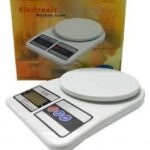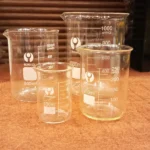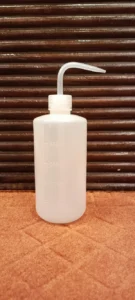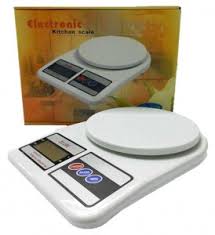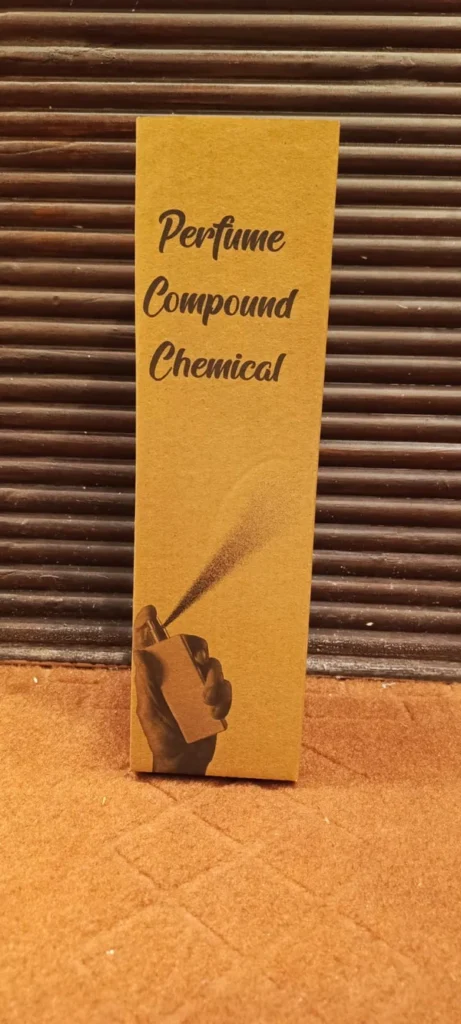
Compound
D2 in Perfumery: A Myth or Misunderstood Molecule?
The world of fragrance ingredients can be vast and complex, with new discoveries and innovations constantly emerging. You might have come across “Compound D2” in the context of perfume ethanol, but there seems to be some confusion surrounding its use. Let’s delve into the details and separate fact from fiction.
What is D2?
D2 refers to Deuterium, a stable isotope of Hydrogen. It has one neutron and one proton, whereas regular Hydrogen has only one proton. This slight difference doesn’t affect the chemical behavior of the molecule significantly, but it does have some unique properties used in scientific research.
D2 in Ethanol: Not for Perfumery
Ethanol, commonly referred to as alcohol, is often used as a solvent in perfumes. However, D2-enriched ethanol (ethanol with some Hydrogen atoms replaced by Deuterium) has no known application in perfumery.
Here’s why:
- No Impact on Scent: D2 doesn’t alter the scent profile of fragrance ingredients. The slight change in the ethanol molecule wouldn’t be perceptible to the human nose.
- Scientific Research Focus: D2-enriched ethanol is primarily used in scientific research due to its unique properties, such as slower evaporation rates. This allows for more precise measurements in certain experiments.
Alternatives for Perfume Ethanol:
Perfume-grade ethanol undergoes specific processing to remove impurities and ensure it doesn’t affect the fragrance itself. It’s already optimized for its intended use.
So, What About “Compound D2” in Perfumes?
There’s a high chance that “Compound D2” isn’t actually present in any commercially available perfumes. It’s more likely a case of misinformation or misunderstanding of terminology.
Focus on Quality Ingredients
When choosing a perfume, prioritize the quality of the fragrance oils and essential oils used. Look for reputable brands that use natural ingredients whenever possible and prioritize transparency in their ingredient lists.
The Takeaway:
D2 doesn’t play a role in the world of perfumery. Focus on the fragrance composition itself and the expertise of the perfumer to find a scent that truly resonates with you. For further exploration, research the various essential oils and fragrance notes used in your favorite perfumes to understand what creates their unique olfactory experience.

